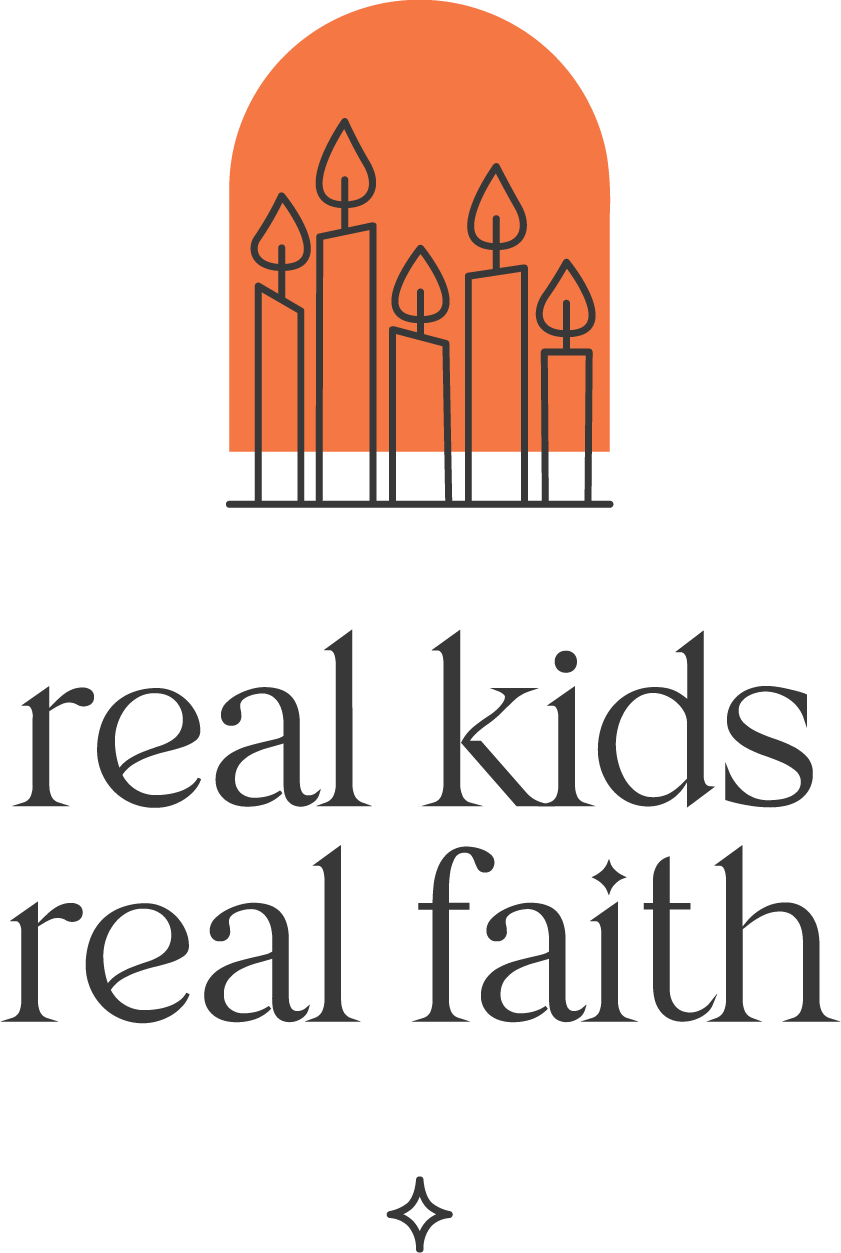What is a fact? One basic definition is that facts are things that we know to be true because of experience, observation, or reliable testimony by others. We know the ocean is salty when we taste it on our lips. We know female athletes are valued less than male athletes when we observe significant discrepancies in compensation and support. We know that the earth is millions of years old because scientists tell us about their research.
Helping children appreciate the value of facts is an important learning goal. In a world where information is routinely twisted for the benefit of some over others, children need to learn how to discern what is and isn’t true. This is especially important when it comes to assessing truth claims that affect moral judgment and ethical action.
History teacher David Cutler has given much thought to how children and teens learn to value facts. Not surprisingly, he sees history lessons as an important way to demonstrate why facts matter. Give children factual information about a past event and then share examples of how that information was used or altered for various purposes.
For spiritual teachers, this might mean providing facts about a spiritual figure, sharing popular stories about the person, and exploring how facts make certain stories more believable. Point out when information is supported by experience, observation, or testimony. Adults can also ask children what else is gained and lost when facts are changed or ignored.
It’s also important to model resilient belief in facts. Share with children examples of people who have stood up for the truth even when it was unpopular. Talk about how you feel when you hear facts denied and what you do to remind yourself to stay strong. Invite children to share examples of others resisting fact-based information and brainstorm together ways to respond.
Children need to learn as well that listening carefully to one another matters as much when we disagree about facts as when we are in agreement. We may even discover that there are two sets of facts in play. One side may be focused on the big picture (e.g. reducing plastics use) and another may be concerned about community impact (e.g. a lack of clean water to fill reusable bottles). Remind children to consider what they can learn from others about a subject, even when they already have a lot of facts.
Lastly, encourage children to seek out and assess diverse perspectives. Read books or watch videos together that differ from your beliefs and then discuss those perspectives. Ask: “Where is this person getting their information? What makes you think their information is reliable or unreliable?” Pretend to be someone challenging certain assumed facts about an event or experience. Imagine how that person would try to make the case for their interpretation.
Facts matter, especially when they are disputed. Take time to help children identify and stand up for what they know is true, while remaining respectful of others’ ideas and contributions.

Comments